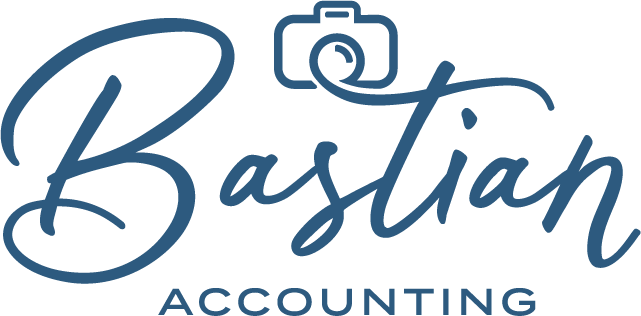Episode 002
In this episode, host Tiffany Bastian explores why "I can't afford it" is never really about the money and introduces a strategic framework for making smart business investment decisions.
Episode Overview
Understanding the difference between costs and investments is crucial for photography business growth. When you shift from "I can't afford it" thinking to "How can I invest strategically?" you transform from someone limited by finances to someone who leverages financial resources for business growth. This episode provides a practical framework for evaluating any business purchase decision.
Key Topics Covered:
Why "I can't afford it" reveals deeper beliefs about your business finances
The limiting language of "afford" and "budget" vs. empowering investment thinking
How successful entrepreneurs find ways to afford what they truly prioritize
The 5-Step ROI Framework for evaluating business investments
Real-world examples of ROI calculations for photography businesses
Strategic decision-making that propels your business forward
The Truth About "I Can't Afford It"
When someone says "I can't afford it," what they're really saying is: "I'm interested in this product or service, but I don't have a clear grasp on my financials. I'm not certain about my goals, so I don't know if this purchase will get me closer to them. Basically, I don't know where to begin to get organized, so I'll pass for now."
Language That Shapes Your Financial Reality:
"Afford" - Webster's definition: "to be able to bear the cost" (notice how heavy and burdensome that sounds?)
"Budget" - Often associated with cheap, low-cost, cutting corners in everyday use
"Investment" - Webster's definition: "the outlay of money usually for income or profit" (focused on what you'll gain)
The 5-Step ROI Framework for Photographers:
Define the problem or opportunity: Get crystal clear about what specific issue this purchase will solve or what opportunity it will help you capture
Calculate the total investment: Factor in upfront costs, recurring costs, time required for implementation, learning curve, and hidden costs
Estimate the return: Quantify benefits as specifically as possible - time savings, additional revenue, improved client experience, reduced expenses
Consider the timeline: Map out when you'll start seeing returns, break-even point, and long-term benefits
Evaluate alternatives: Consider less expensive options, rental vs. purchase, phased approaches, or DIY solutions
Real-World Investment Example:
$2,000 Lighting Setup Analysis:
Problem solved: Ability to shoot in any lighting condition, expanding scheduling and location options
Total investment: $2,000 plus 10 hours of practice time
Estimated return: 5 additional $800 sessions per year = $4,000 in additional revenue
Timeline: Break even within 6 months, continued revenue generation for years
Result: Strategic investment with clear positive ROI
Homework: Evaluate Your Next Investment
Take one business purchase you've been putting off because you "can't afford it" and run it through the 5-Step ROI Framework. Download the free PDF guide to walk through the entire process.
Q&A From the Community
Q: "I know I need to invest in my business, but I'm drowning in all the options. How do I decide what to invest in first when everything seems important?"
A: Start by identifying your biggest bottleneck - the one thing that, if improved, would have the greatest impact on your business right now. Invest in solving your biggest pain point first, then use the returns from that investment to fund the next one. This creates a positive cycle of growth rather than spreading yourself too thin.
Resources Mentioned:
Free 5-Step ROI Framework PDF Guide (fill out form at the top of this page)
Connect With Tiffany:
Website:
BastianAccounting.com
Instagram:
@financiallyfocusedphotographer
Facebook Group:
Financially Focused Photographers
Credits:
Music Composed (Intro & Outro):
Joey Bastian
Audio Production:
Joey Bastian
Final Thought
"Every business expense is an investment decision. When you approach it with that mindset, you transform from someone who's limited by finances to someone who leverages finances as a tool for growth. A profitable business and creative fulfillment can absolutely coexist."
Did you enjoy this episode? Please subscribe, leave a review, and share with a photographer friend who might need to hear this message!

